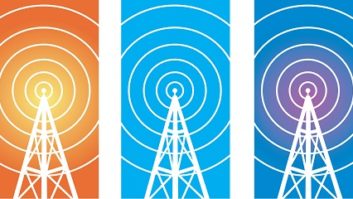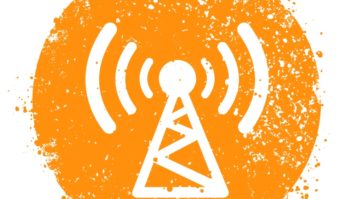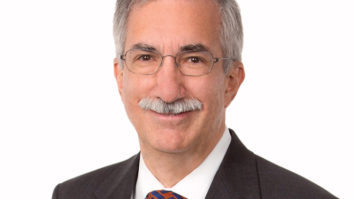Translator program origination
Jul 1, 2006 12:00 PM, By Harry Martin
In an era when established over-the-air radio stations are facing competition from Internet streaming, podcasts, satellite radio, low-power FM and multicast programming, at least one radio station owner wants the FCC to allow a new mode of competition. A broadcast company headquartered in Illinois has filed a petition with the FCC seeking rule amendments to allow FM translator stations to originate local programming.
The petitioner already operates a commercial full-power FM station in its community. Last year this broadcaster acquired a construction permit to build an FM translator that would serve the same community. In its petition for rulemaking, filed with the FCC in April, the petitioner argues that the FCC’s rules should be changed to allow all FM translator stations to originate local programming instead of just rebroadcasting a signal from another station. Given the opportunity, the petitioner says it would use its translator to broadcast its own counsel meetings or additional high school sporting events.
The point to ponder
The argument in favor of a rule change is the FCC’s long-standing goal of promoting localism in broadcasting. The current rules merely protect incumbent FM radio stations from competition, according to the petitioner. The petition also points to the FCC’s rewrite of the TV translator rules in 1982, which allowed the owners of TV translators to convert to LPTV and broadcast original programming on their stations.
What is not clear in the petition, however, is whether anything significant to the translator service has changed since 1990 � the last time the FCC substantially revised its FM translator rules. In 1990, the FCC decided that it was in the public interest to protect current FM radio stations from unwarranted competition from translator operations. Recognizing the principle that commercial stations can stay on the air and serve the public only if they are profitable businesses, the FCC concluded that competition for advertising dollars from translator stations could undermine the economics of existing stations. This principle has been reiterated more recently in the fight between terrestrial radio broadcasters and satellite radio operators over whether satellite radio should be permitted to provide local content such as traffic and weather reports. The principle was also upheld in the FCC’s decision to allow only non-commercial operation of low-power FM stations.
The outlook appears bleak for this proposal. As recently as March 2005 the Commission seemed determined to maintain the FM translator service’s position as low man on the radio service totem pole, particularly relative to LPFM. The freeze on FM translator applications that was imposed at that point, and which by its own express terms was supposed to last only six months, remains in effect more than a year later. The clear implication there is that the FCC does not feel motivated to advance the FM translator service for the time being.
Even if the Commission were open to removing programming restrictions on FM translators, opponents from the LPFM universe would likely join full-service licensees in the opposition, or at least seek technical parity with the translator service. Existing radio stations, which fought to keep the LPFM noncommercial and limited in power, are likely to fight hard to prevent competition and possible interference from a raft of new low-power stations originating local programming and selling commercials. In spite of the obvious negatives, the Commission has invited public comment on the proposal.
Ownership rules update
The FCC has been working on a new notice of rulemaking to address the court remand, in 2004, of its omnibus media ownership rulemaking. While the radio multiple ownership rules are in effect, the rewrite will affect radio/TV and radio/newspaper cross-ownership. Now that Commissioner Robert McDowell, a Republican, has joined the agency, Chairman Martin has a 3-2 majority. As a result, it is expected the new notice proposing significant deregulation will be issued this summer or fall.
Dateline:
Aug. 1 is the deadline for stations in Illinois and Wisconsin to file their biennial ownership reports.
Aug. 1 is the date on which stations in North Carolina, South Carolina, Illinois, Wisconsin and California must place their annual EEO reports in their public files and post them on their websites.
Martin is a past president of the Federal Communications Bar Association and a member of Fletcher, Heald and Hildreth, Arlington, VA. E-mail[email protected].











